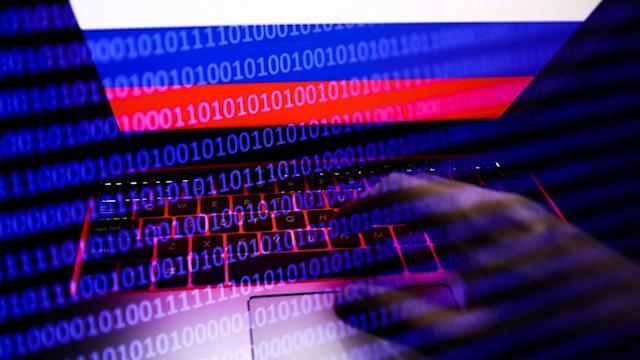The U.S. Library of Congress revealed on Friday (July 8) that a pro-Russian hacker gang attacked Congress.gov the previous day, causing a temporary system outage and “briefly affecting public access.” At present, the website has undergone data disaster recovery, and the webpage can be accessed normally.
The pro-Russian hacker gang, known as KillNet, has launched a series of distributed denial-of-service attacks against national targets around the world considered hostile to the Russian government. The gang specifically released a video this time that included the 503 error page and images of President Biden.
The KillNet gang also posted a message on its Telegram channel, which Google translated to the effect: “They have the money to buy weapons for the world, but they don’t have their own security defenses.”
A spokesperson for the Library of Congress, which manages the Congress.gov domain name, told the media in an email that the site did suffer from a DDoS “cyber attack that briefly affected public access.” The site was “intermittently affected” from around 9pm last Thursday and resumed normal operations after 11pm that day.
“The Library of Congress responded quickly to the attack using existing security measures, successfully minimizing downtime,” the spokesperson noted. “The library network was not compromised and no data was lost as a result of the attack.”
KillNet gang ravages the world
KillNet is a new pro-Russian hacker gang that emerged after the outbreak of the Russian-Ukrainian war this year.
In April, the U.S. Department of Homeland Security’s Cybersecurity and Infrastructure Security Agency (CISA) issued an alert listing Russian state-backed cybercriminal gangs targeting critical infrastructure. These gangs have supported the Russian government through a series of attacks, and may also have financial interests, and KillNet is one of them.
The gang attacked a small airport in Connecticut in March this year and has been looking for targets around the world since then. In late June, KillNet launched a series of attacks on Norway, and several times on targets in Lithuania, as they blocked the line of communication with Kaliningrad.
An analysis released in May by U.S. security firm Mandiant listed KillNet, Kaxnet, RahDit and others as other “radical hacker” groups. These gangs have demonstrated their support for Russia through malicious attacks, but it is unclear whether they are from Russia.
Data protection via a VM backup solution is essential for all businesses and individuals. Patient information at medical facilities is critical since it concerns the patient’s personal privacy. Medical institutions differ from businesses in that they provide services to patients. The patient’s experience and information security are significantly more crucial than regular people’s experiences. As a result, medical institutions should prioritize data security. Not just patient information, but also key technological data from medical facilities, is critical. Data disaster recovery backup is required to secure data.


